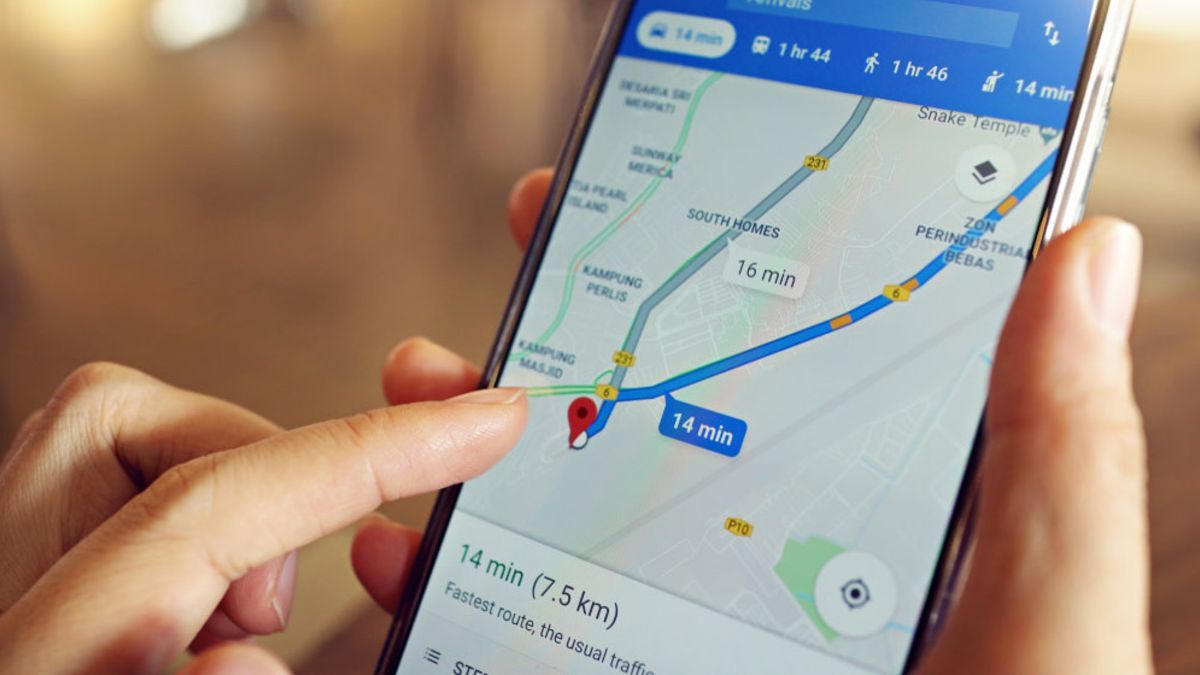In an effort to address users’ privacy concerns, Google has announced improvements to its Location History feature. The update aims to automatically delete records of visits to sensitive destinations, ensuring that personal information remains private. The company initially introduced this functionality last year, but it has now provided further details on how the system operates.
Location History is a powerful tool that tracks users’ whereabouts via their smartphones. While Google already keeps this feature disabled by default, it offers additional safeguards for those who choose to enable it. One such safeguard involves automatically removing any records of visits to places that are considered controversial, private, or sensitive. Examples given by Google in the past include medical facilities like counseling centers, abortion clinics, addiction treatment centers, and weight loss clinics.
However, Google clarifies that not all medical destinations fall under this automatic deletion policy. General-purpose facilities such as hospitals and GP offices will still appear in Location History. To further enhance the system’s privacy measures, Google plans to close potential loopholes that could result in the persistence of sensitive location data for longer than necessary. As part of this effort, users will no longer be able to manually confirm visits to places on the sensitive destinations list. The company has not provided a specific timeline for the implementation of this restriction.
While the debate over the extent of personal information that Google should possess is unlikely to be resolved completely, these updates demonstrate Google’s commitment to addressing privacy concerns. By continually refining its features, Google strives to strike a balance between functionality and minimizing potential harm to users.
In conclusion, Google is making advancements in its Location History feature to better protect users’ privacy when it comes to sensitive destinations. With the automatic deletion of visit records and future restrictions on manual confirmation, the company aims to provide users with more control over their personal information. By taking privacy concerns seriously, Google demonstrates its commitment to addressing the ongoing debate surrounding data privacy.


